This year, two new OEMs are trying to enter the crowded smartphone space. The first was Essential, and now Razer has entered the market with the Razer Phone. Utilizing the team they acquired from Nextbit in January, Razer has created a powerhouse of a device designed for gamers. Coincidentally, Razer announced their new device a day before Apple's biggest revision to the iPhone was released.
With the iPhone X, Apple has made the largest redesign of their flagship ever, abandoning the large bezels and LCD display for an edge-to-edge OLED screen and a truly unique looking phone. Since it is a premium device, Apple has also included top-tier specs to go along with it.
With both phones releasing in November and the holiday season fast approaching, many consumers will be deciding between these two devices. Both feature the best specs available to their respective operating systems, so let's revisit the age-old battle of which OS has the better device, Android or iOS.
Specs
As we've seen in recent years, Apple's tight grip on the iOS platform has allowed it to optimize their software for the hardware. The ability to control all aspects of their devices has resulted in lower specs, but amazing performance. Therefore, these phones have wildly different hardware components that don't perfectly reflect real-world performance. However, specs are necessary for comparison and do give some insight into each phone's capabilities.

Jon Knight/Gadget Hacks
What the Razer Phone Does Well
With Razer's first attempt at creating a smartphone, they did a lot right. One of their crowning achievements was the display. Almost the polar opposite of the iPhone X display, Razer focused on media consumption over aesthetics. Therefore, although it has huge bezels, this 5.7 IGZO LCD Display is an amazing piece of hardware with a 120 Hz refresh rate and adaptive sync.
We were first introduced to 120 Hz refresh rate in mobile devices with iPad Pro earlier this year. Many were hoping the technology would find a home in the iPhone X as well. The higher refresh rate allows the display to redraw images faster, providing a smoother experience with games, as well as regular navigation.
The adaptive sync (known as UltraMotion) connects the display to the GPU, keeping the two components perfectly aligned with one another. Therefore, even in areas of games where frame rates will dip, the GPU will create images only as fast as the display can render them, preventing screen tearing. These two features create one of the smoothest Android experiences this side of the Pixel lineup.
Unlike its competition, Razer focuses on audio with the inclusion of front-facing speakers. Although iPhone X achieves something similar by using the earpiece, it is nowhere as powerful as the Razer Phone, which has dual stereo speakers with dedicated amplifiers for loud, clear audio. It also possesses Dolby Atmos technology for truly immersive sound.

Razer include Two Front Facing Speakers with Dedicated Amplifiers
Battery life should be amazing with the Razer Phone's 4,000 mAh battery and IGZO LCD display. IGZO TFT possesses high electron mobility and lower leakage than LTPS (the TFT in OLED), allowing for lower power consumption. When combined with the power efficiency of the 10 nm Qualcomm Snapdragon 835, the Razer Phone should have some of the best battery life of any smartphone in 2017.
What the iPhone X Does Well
Although subjective, very few people would say the iPhone X is not a beautiful device. With a 5.8 inch Super AMOLED display in an overall footprint much smaller than the Razer Phone, it's truly a beautiful sight to behold. And its OLED display is one of the best in the world, rivaling Samsung devices even though the same company created its display.

The iPhone X is a radical redesign from its predecessors
Dual Cameras with dual OIS ensures the iPhone X will be on the list of best smartphone cameras of 2017. And Face ID not only presents another method to access your device, but it also improves the front-facing camera, which shares similar technology to the rear now.

Face ID is one of key features of the new iPhone X
The iPhone X's A11 Bionic chip is ridiculously fast, crushing Qualcomm's Snapdragon 835 in every benchmark. Apple did such a great job with this chip that it actually rivals some Intel desktop CPUs in certain benchmarks. Thanks to Apple's optimization, the software never slows down, providing one of the fastest experiences on any smartphone.
The iPhone X will also come with the latest version of its OS. Not to get into which OS is better, but the Razer Phone will have to wait for Android Oreo (the latest version of Android) and all the features included until next year, while iPhone X users will have the newest version now. Also, Apple has traditionally been better with OS updates for devices than Android, with some phones not receiving updates for an entire year after the OS is released.
Conclusion
The state of smartphones is in a great place. With Razer delivering an amazing device, Android users now have access to a phone which provides one of the best experiences for gaming. Combined with a nearly stock experience and $699 price tag, the Razer Phone is a great alternative to Pixel 2 devices.
The iPhone X is the smartphone that most Apple fans have been waiting for. Gone is the boring repetitive design of large unnecessary bezels while Android devices worked to remove them. Gone is the limited LCD display while OLED panels have been found on smartphones for six years. Finally, Apple has created a device that truly competes as not only one the best performers, but one of best looking.
Which phone have you decided to purchase? Do you like where iOS and Android are currently? Leave us a comment below.
- Follow Gadget Hacks on Facebook, Twitter, Google+, YouTube, and Instagram
- Follow WonderHowTo on Facebook, Twitter, Pinterest, and Google+
Cover image via MKBHD/YouTube and MKBHD/YouTube, screenshots by Jon Knight/Gadget Hacks








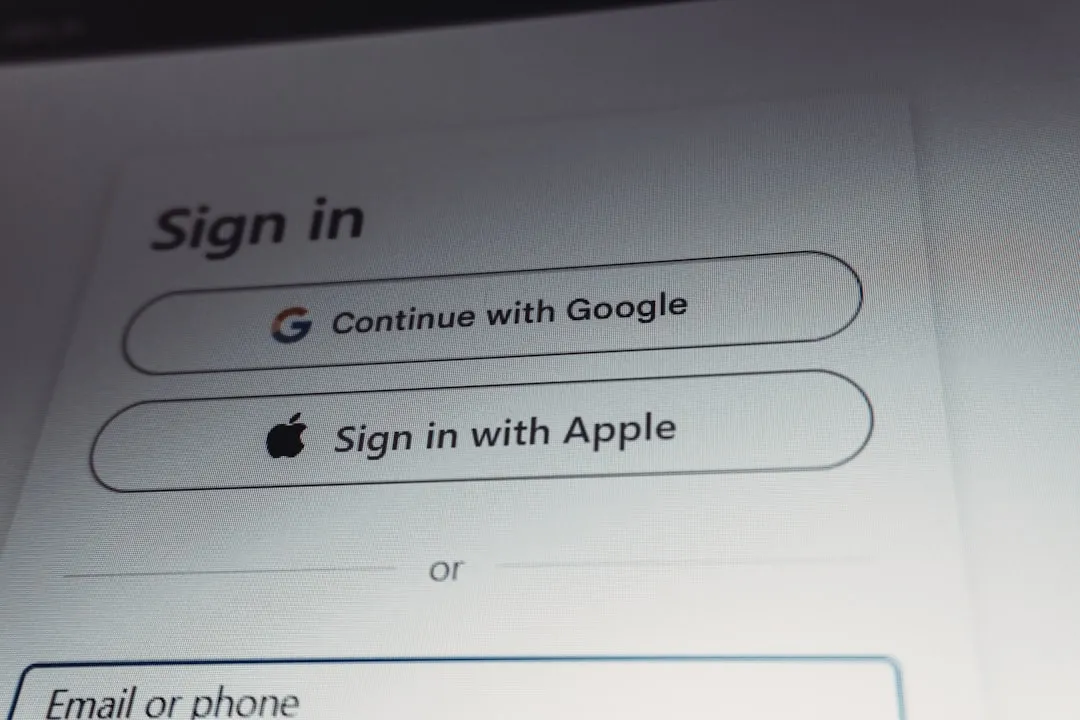
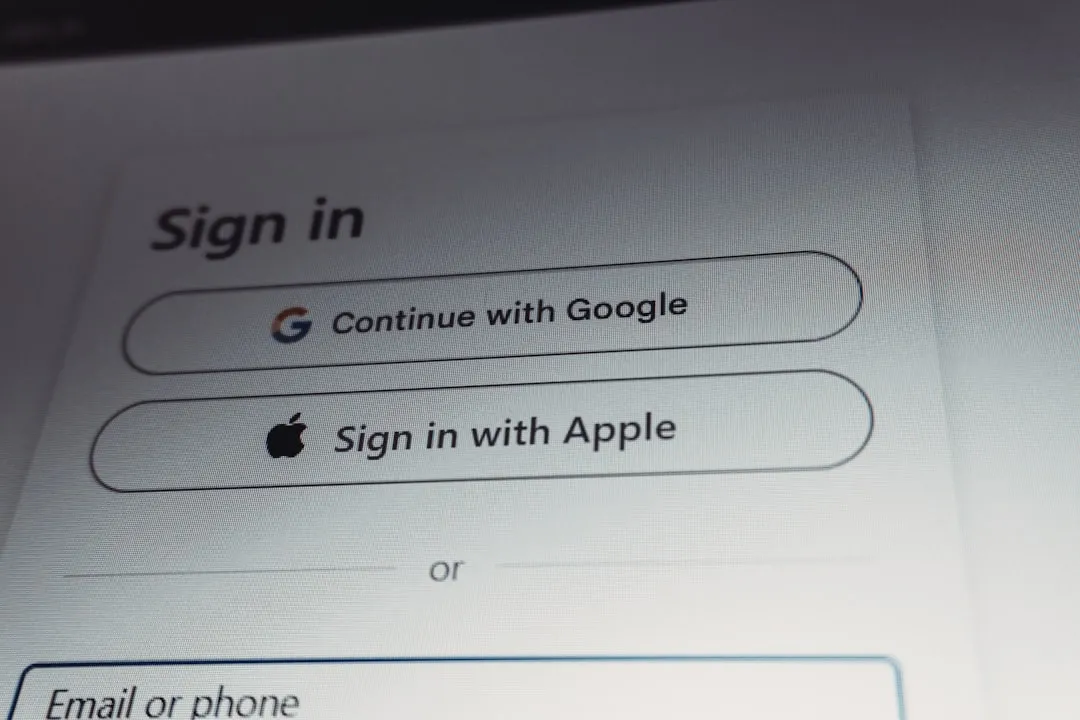
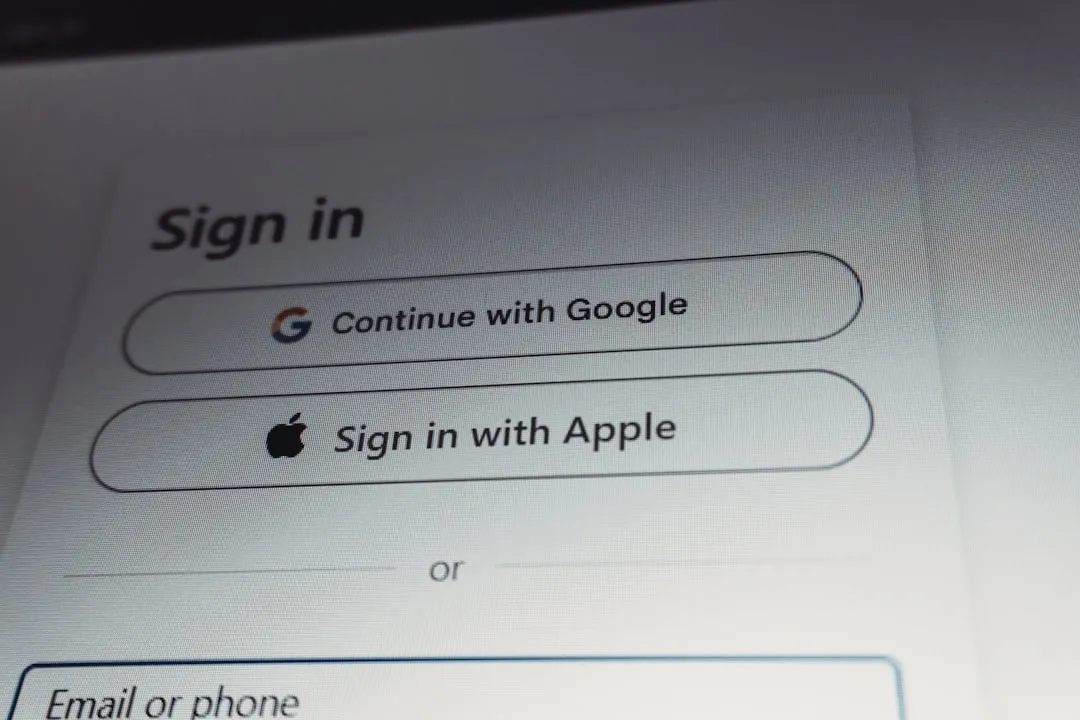

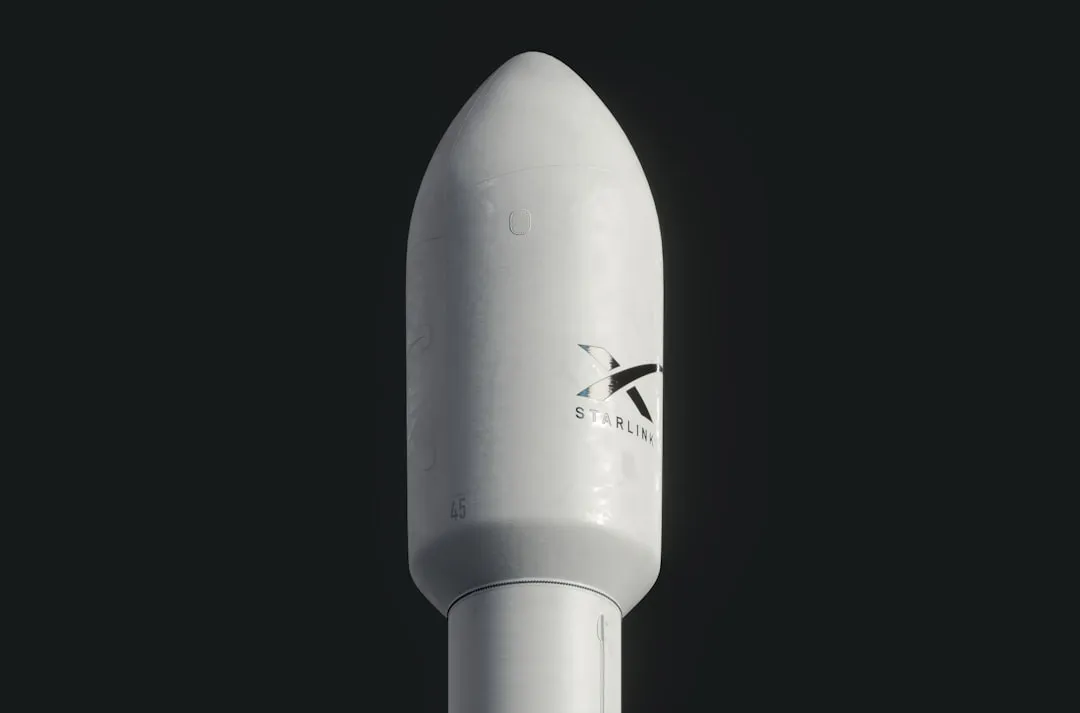

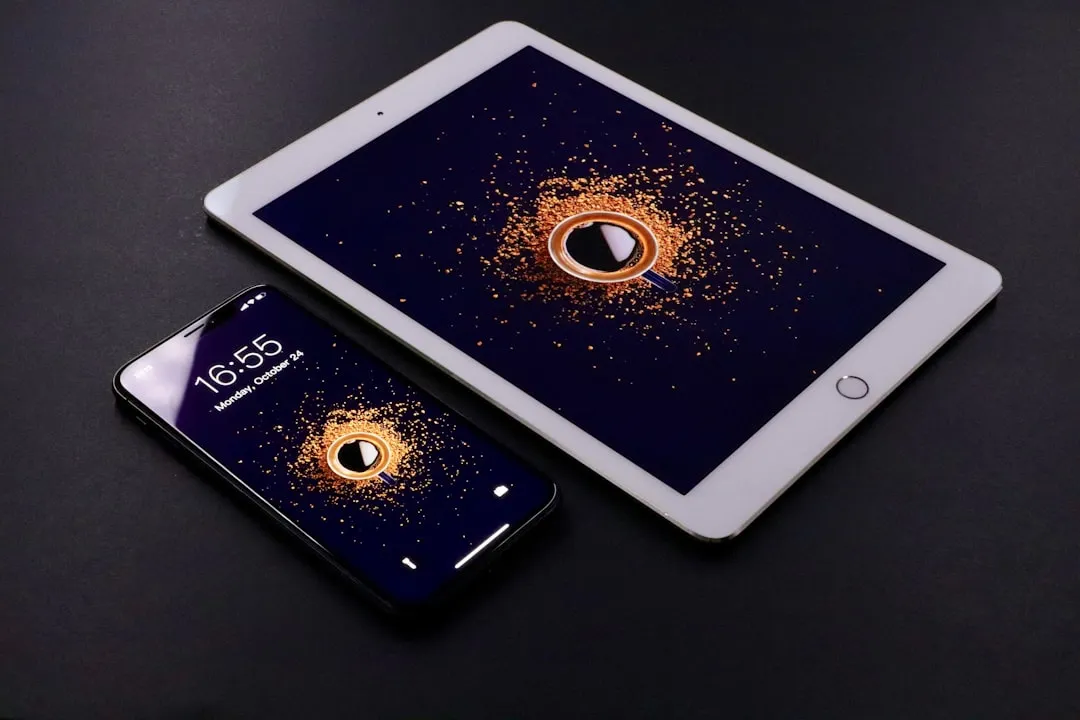
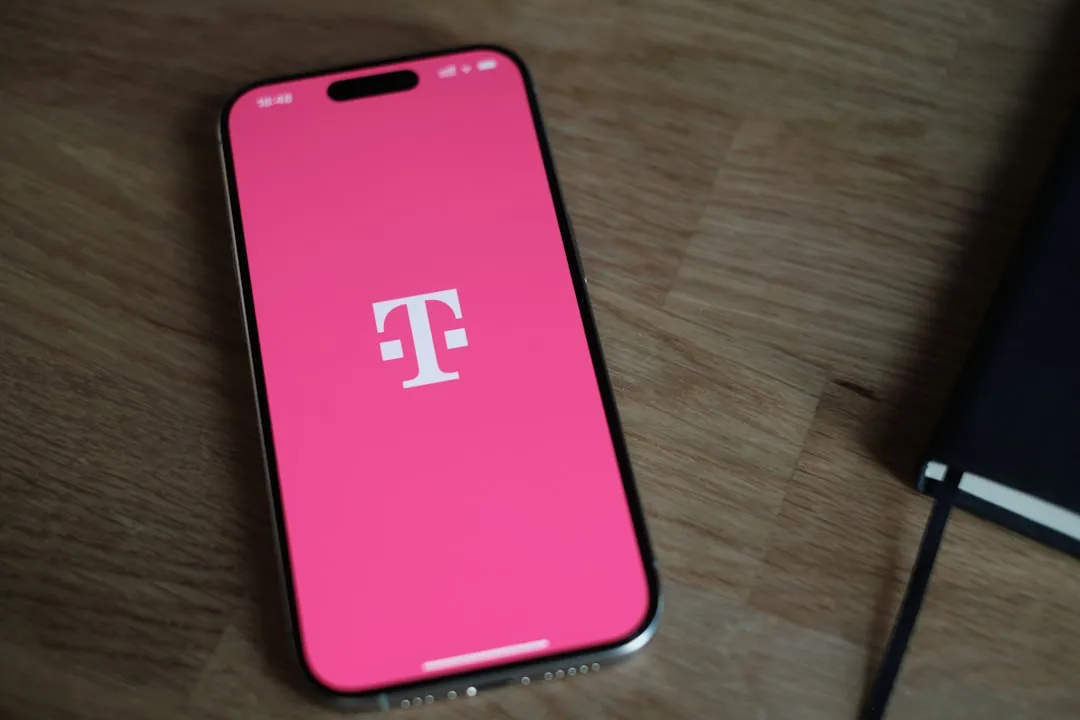
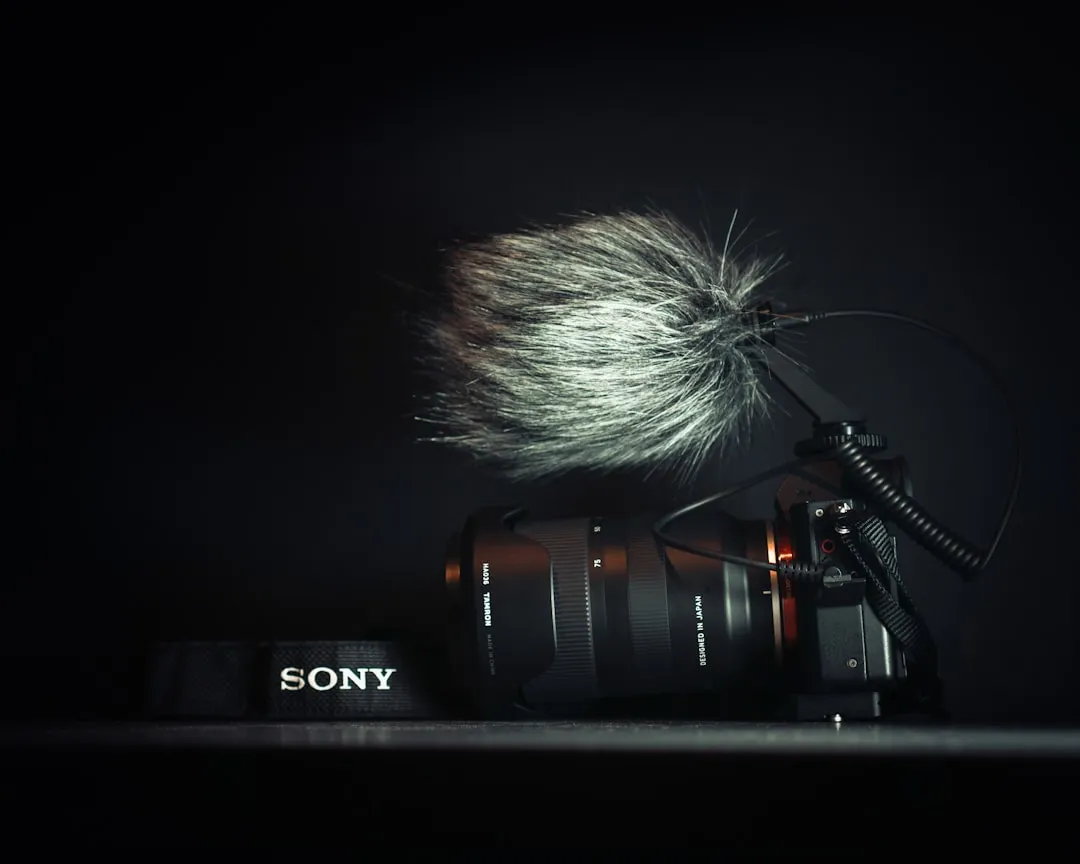
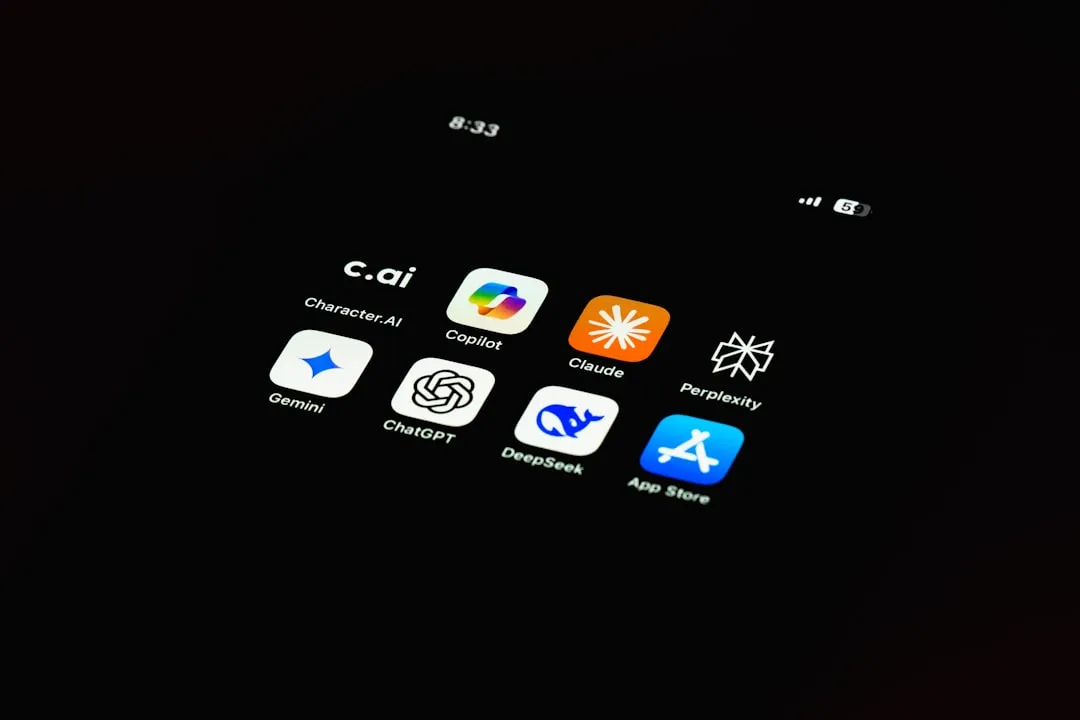

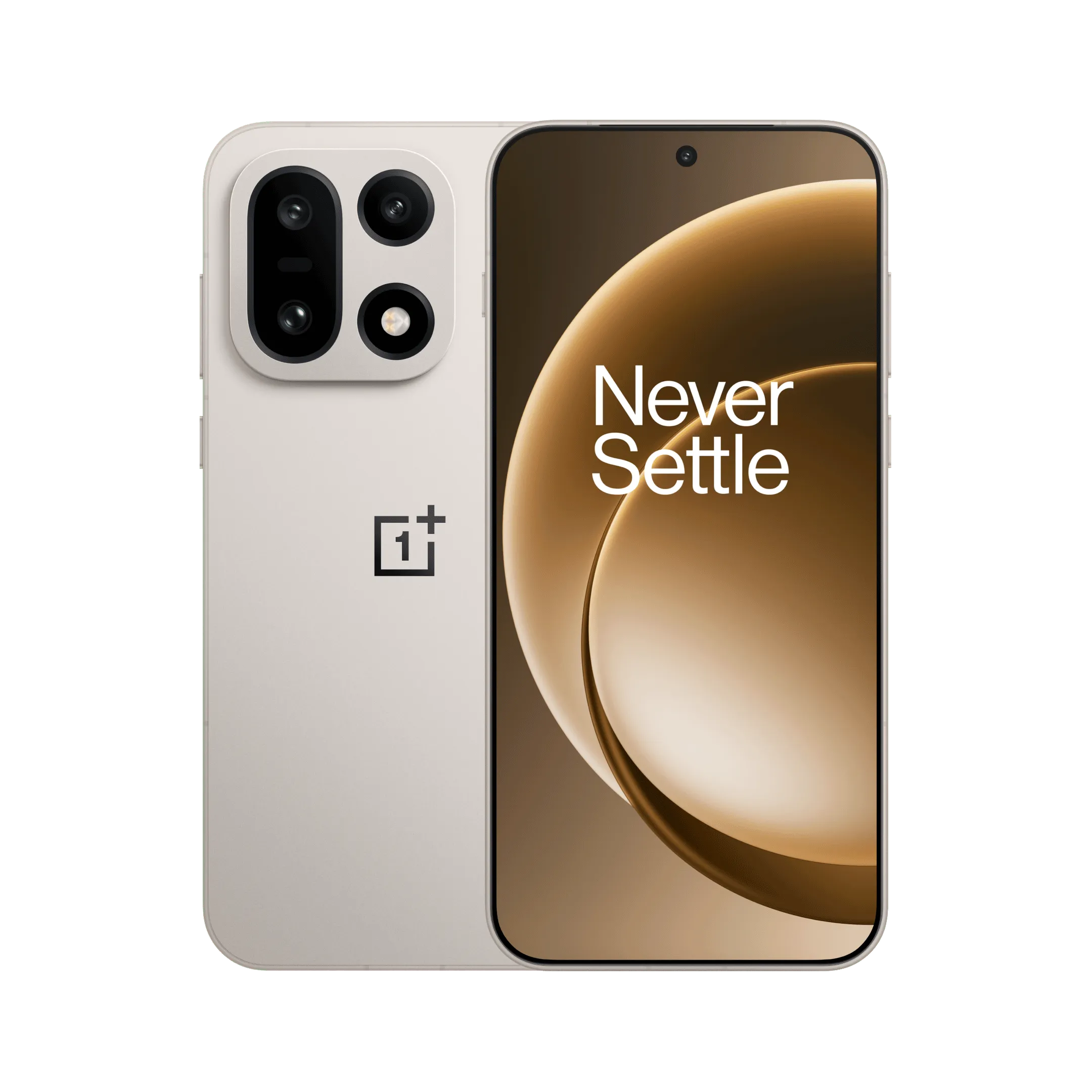








Comments
Be the first, drop a comment!